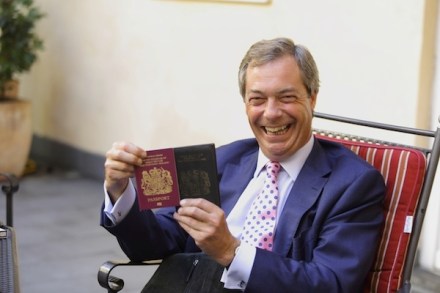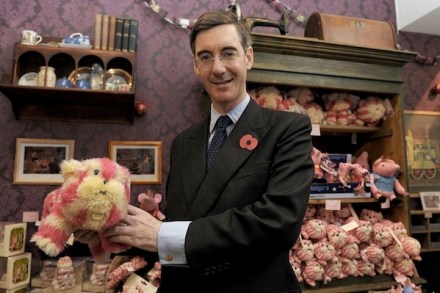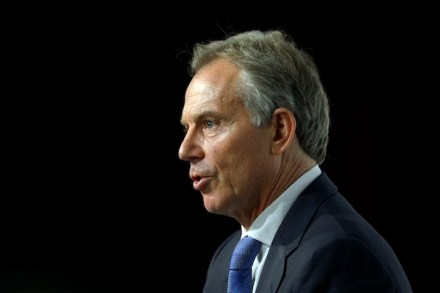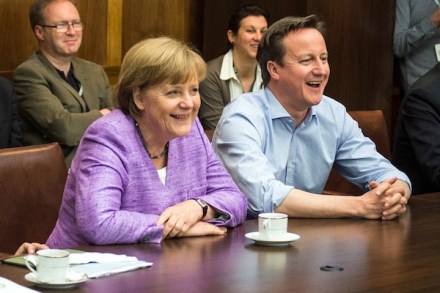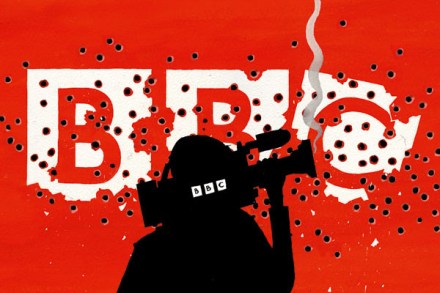Is David Cameron struggling to keep up with public opinion on Europe?
Over the past two weeks, the government has been desperately trying to harden its position on the European Union to match public opinion. David Cameron has been rather bullish with his plans to opt out for 130 EU law-and-order measures and the veto threat over the budget, despite being outfoxed by both Labour and his backbenchers on the latter. Has it been successful? As Isabel reported yesterday, the voters of Corby, Witney and Doncaster North are not entirely happy with the Conservatives’ current position and new national polling reflects a similar attitude. This weekend’s YouGov poll compares public attitudes today towards the EU to this time last year. As the


